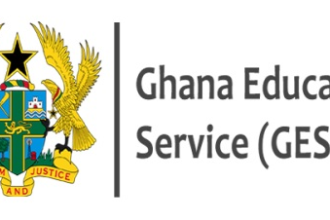The government has borrowed GHC 10billion from the Bank of Ghana (BoG) to deal with economic challenges caused by the dreaded coronavirus.
The Finance Minister, Ken Ofori-Atta, was in Parliament on Thursday to present a Parliamentary Memorandum dated May 20 to that effect.
The Bank of Ghana (BoG) Act demands parliamentary approval for government loans within seven sitting days. Thursday marks the deadline since the government initiated the move for the funds.
According to Joy FM, Mr Ofori-Atta told Parliament that GHC5.5billion has been released to the government, with the balance expected after parliamentary processes are completed.
With the 2020 budget thrown out of gear because of the impact of the coronavirus, the government turn to donors for support. It received a COVID-19 relief package of $1billion from the International Monetary Fund (IMF) and $35m from the World Bank. A sum of $219 million was also drawn from the Ghana Stabilization Fund.
However, Mr Ofori-Atta explained that there was a gap of GHC17.9billion needed to cushion the economy.
The government will pay the debt over a 10-year-period at a floating interest rate.
Mr Ofori-Atta further noted that the government would seek other sources for the GHC 7.9 billion balance, which will include revenue mobilisation, expenditure rationalisation and development of Ghana’s domestic market, among others.
Prior to the appearance of the minister before the House, Chairman of the Finance Committee in Parliament, Dr Mark Assibey Yeboah, explained to Joy FM that the facility “is an asset purchase programme otherwise called quantitative easing and primarily it is because of the COVID-19 emergency.”
He said there was a discussion between the government, the BoG Governor, the Controller and Accountant General before the conclusion on the amount and modalities.
However, Finance Spokesman for the Minority, Cassiel Ato Forson has kicked against the move as he advocates cost-cutting measures.
He also held the view that the release of the funds would increase liquidity in the system leading to inflation.
“We know that any time the central bank finances government operations, simply put printing of currencies, these hard currencies come into your economy and such will lead to inflation,” he stated.
He concluded that the government would be “introducing an inflationary tax on us because of their recklessness,” in the long run.
His alternative was that the government should instead cut expenditure and re-programme the national budget.
Due to the tendency of the facility to add up to the country’s total debt, the minority has disapproved the release of the funds.
The Speaker of Parliament, however, referred the issue to the Finance Committee of Parliament to deliberate and present a report for a final decision to be taken on the matter.
















